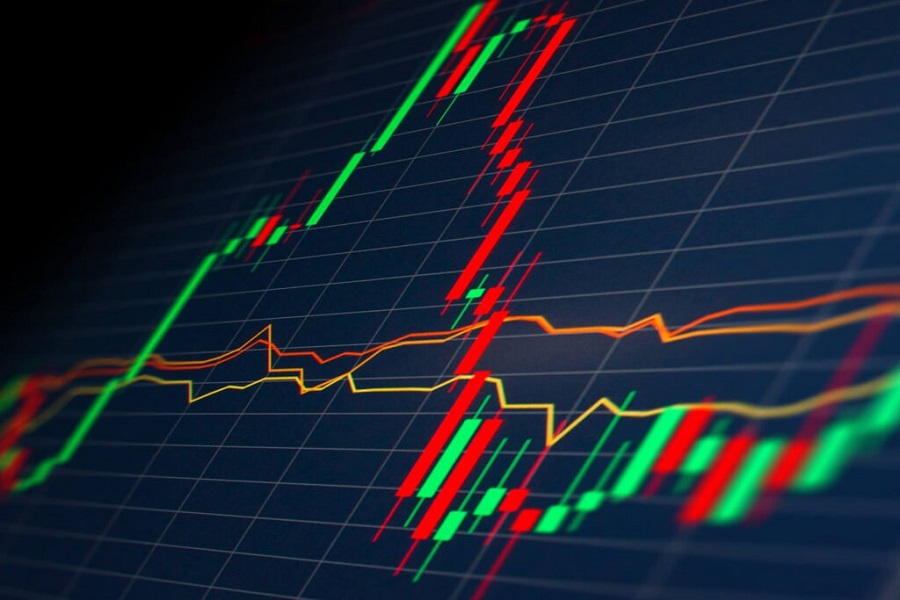RIO DE JANEIRO, BRAZIL – The Ibovespa not only registered a second consecutive upward day, but also took off once again from foreign indexes and returned to the 108,000 point level.
The Brazilian stock market index found a favorable environment for its performance, with the dollar and interest rates dropping sharply throughout the day. At the close, the Ibovespa climbed 1.26%, to 108,013 points. The session’s financial volume stood at R$29.9 (US$5.5) billion.

Once again, the appreciation of commodities helped the performance of the Brazilian Stock Exchange. Commodities companies have great weight in the index and the highlight among the blue chips was again Vale (VALE3), which also registered a second consecutive high day, rising 2.2% to R$88.21.
Analysts highlight the share of heavyweight companies in the index in the appreciation of the Brazilian stock market in recent times. Monte Bravo Investimentos partner Rodrigo Franchini draws attention to banks’ performances, which are in a more productive scenario and have better margins, he says.
“The problem for banks is that if interest rates rise sharply, there will naturally be more provisions, because of the risk of default. This influences quarterly profits and may lead to a price adjustment,” Franchini points out.
In the commodities segment, 051 Capital partner Flávio Aragão highlights the importance of China in the price appreciation. The Chinese Central Bank signaled the implementation of more stimulus to maintain economic growth high and the next step may be a cut in compulsory banking.
Regarding oil, which yesterday renewed record highs in years on the international market, Aragão points to a concern. “At this pace, oil will pressure inflation and increases the risk of government intervention in Petrobras,” he says.
Franchini says there is room to rise, since the stock market is cheap, but it is still early to talk about an upward trend. “There is the political scenario, structural reforms that will not happen, inflation results that can push interest rates even higher, the quarterly profits of companies and the GDP itself, which may be zero and tends to impact financial market indexes,” he said.
Analysts at XP say that the market’s behavior yesterday also reflected electoral scenarios. “Ex-president Lula declared that he would like to count on Alckmin in his coalition, nodding to the center and encouraging the markets,” they said in a note by the strategy team.
Ivest Consultoria investment specialist Juan Espinhel says this is a sign that there may be a mandate not too far from fiscal responsibility.
“What may turn sour are signs that there may be a break with the cycle of economic changes in Brazil, and mainly those that affect the fiscal issue. The closer to the elections these statements are made, the greater the market’s sensitivity will be. Today, it affects it a little. In a month’s time, it will affect it a little more,” Espinhel said.
The commercial dollar closed down 1.70%, at R$5.465 to bid and R$5.466 to ask.
In the future interest rates market, contracts for January 2023 fell 4 basis points to 12.04%; the DI for January 2025 retreated 19 basis points to 11.29%; for January 2027 the drop was 16 basis points to 11.29%; and the interest rates for January 2029 fell 12 basis points to 11.43%.
The New York Stock Exchanges, which tried to recover at the opening, closed once again sharply down, despite the positive quarterly balance released yesterday.
- Dow Jones closed down 0.96% at 35,029 points;
- S&P 500 closed down 0.97% at 4,532 points;
- Nasdaq retreated 1.15% at 14,340 points.

